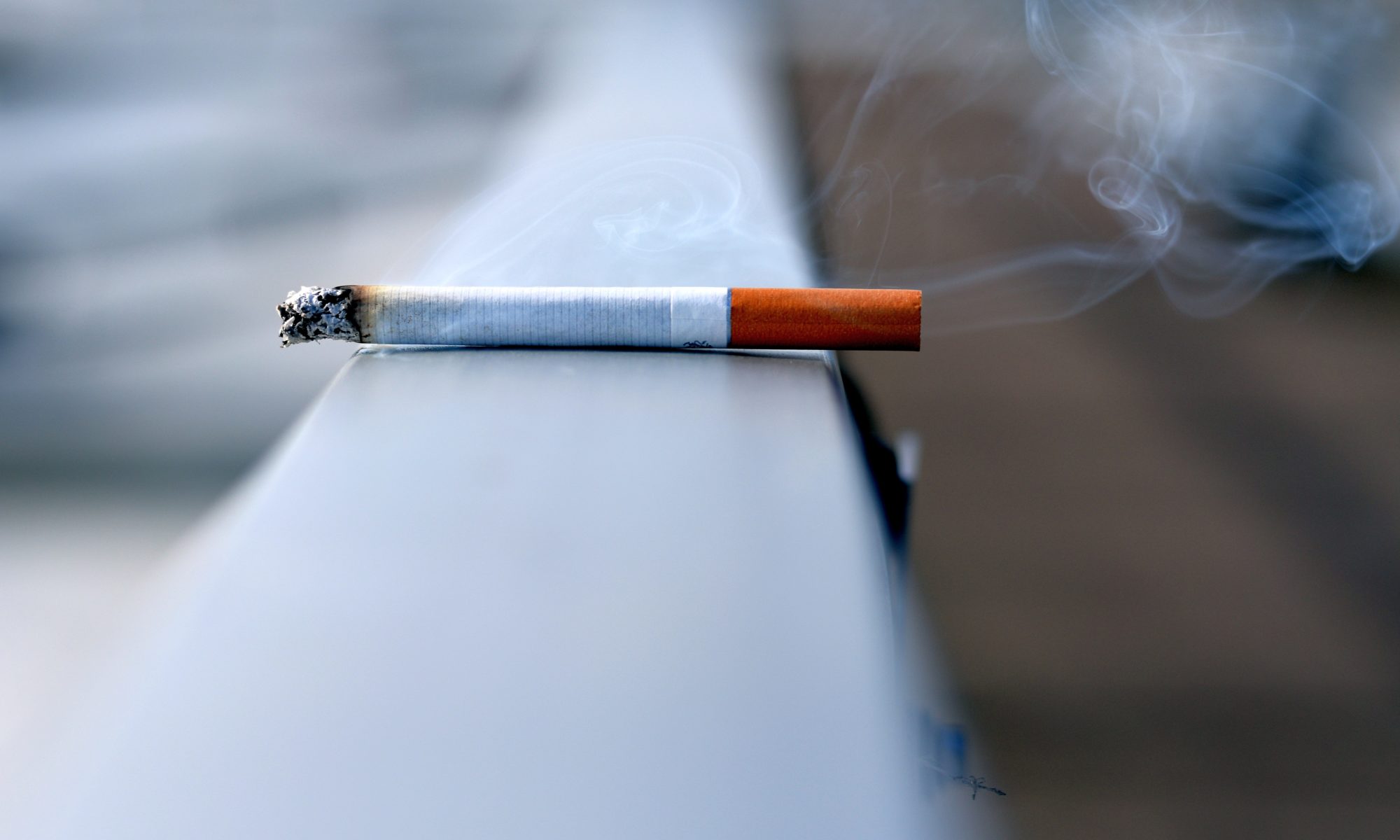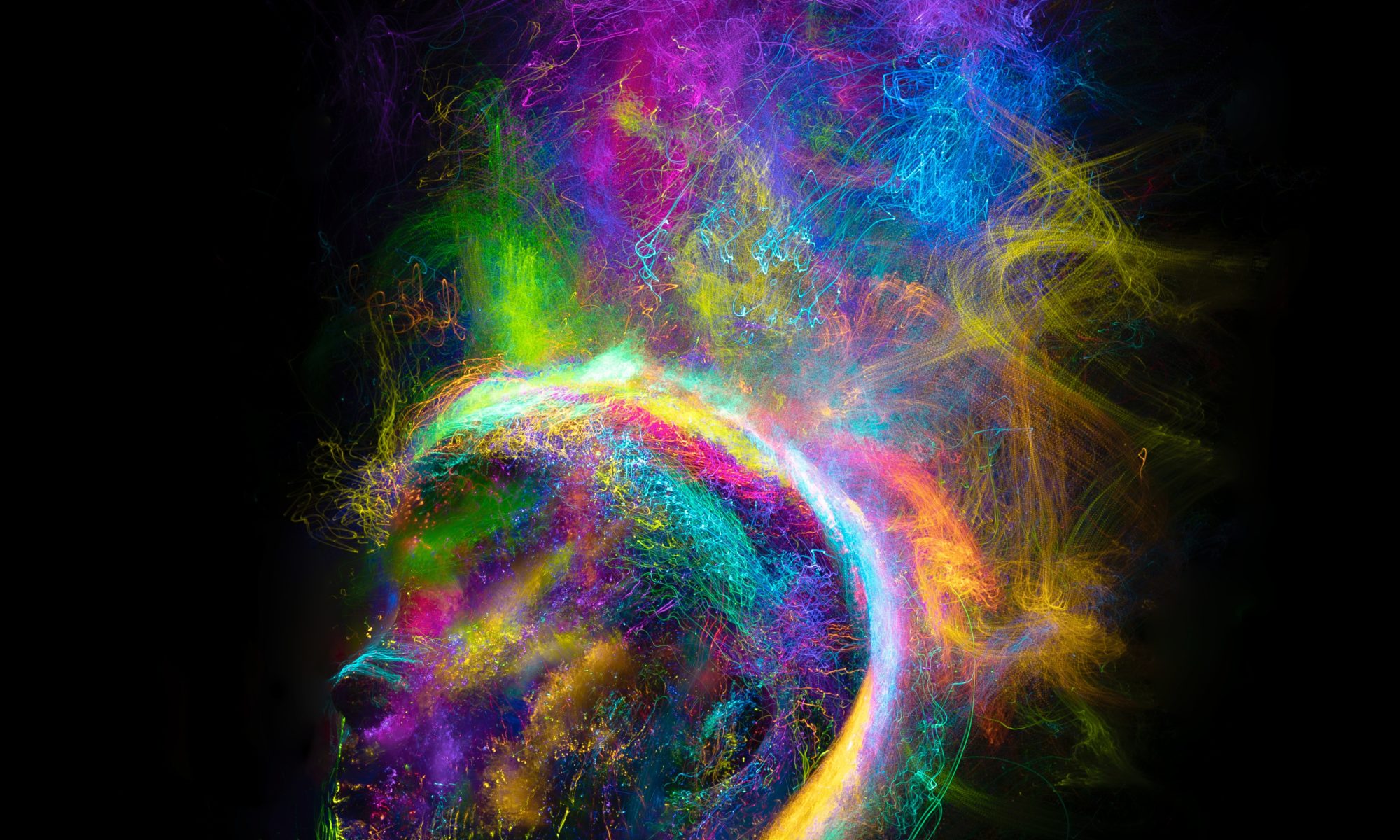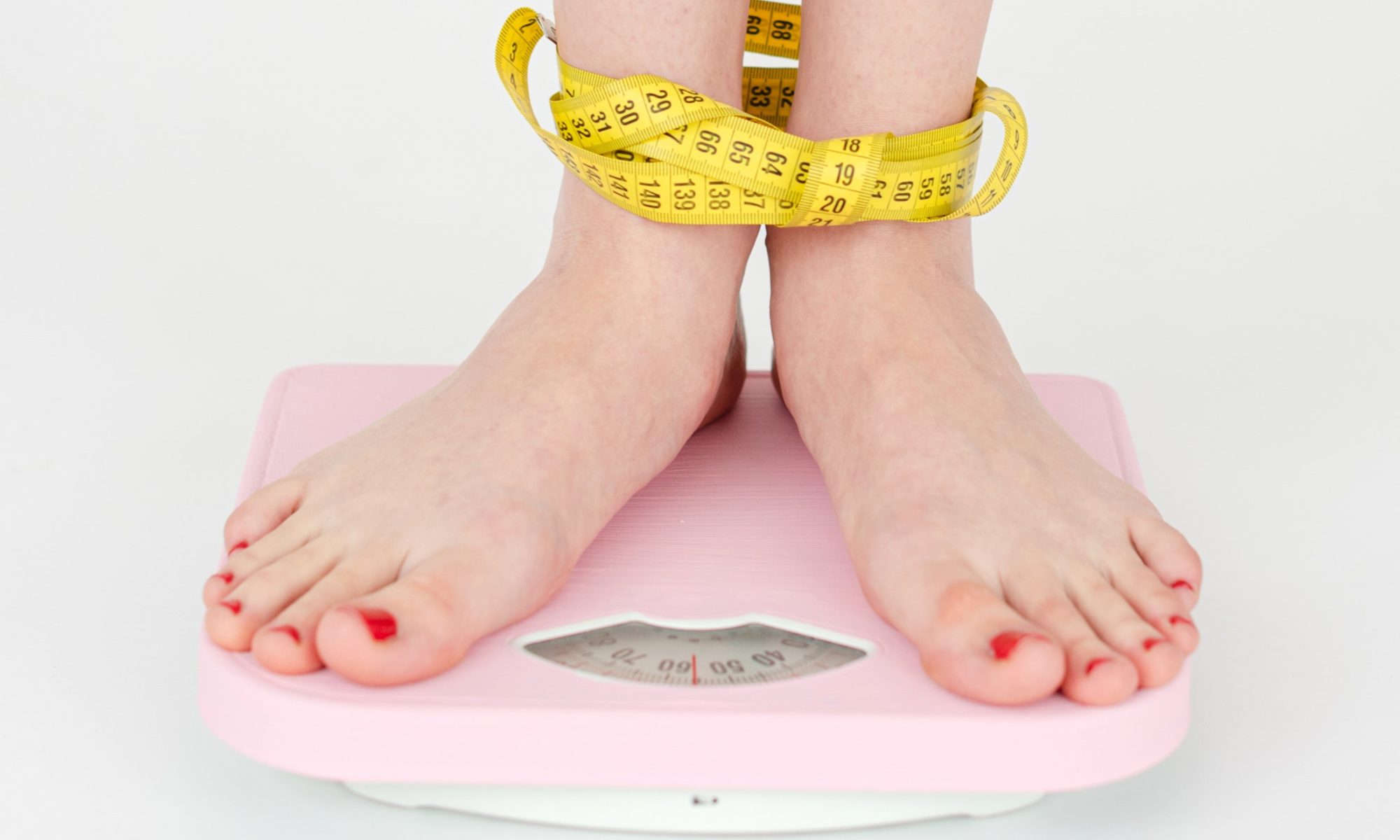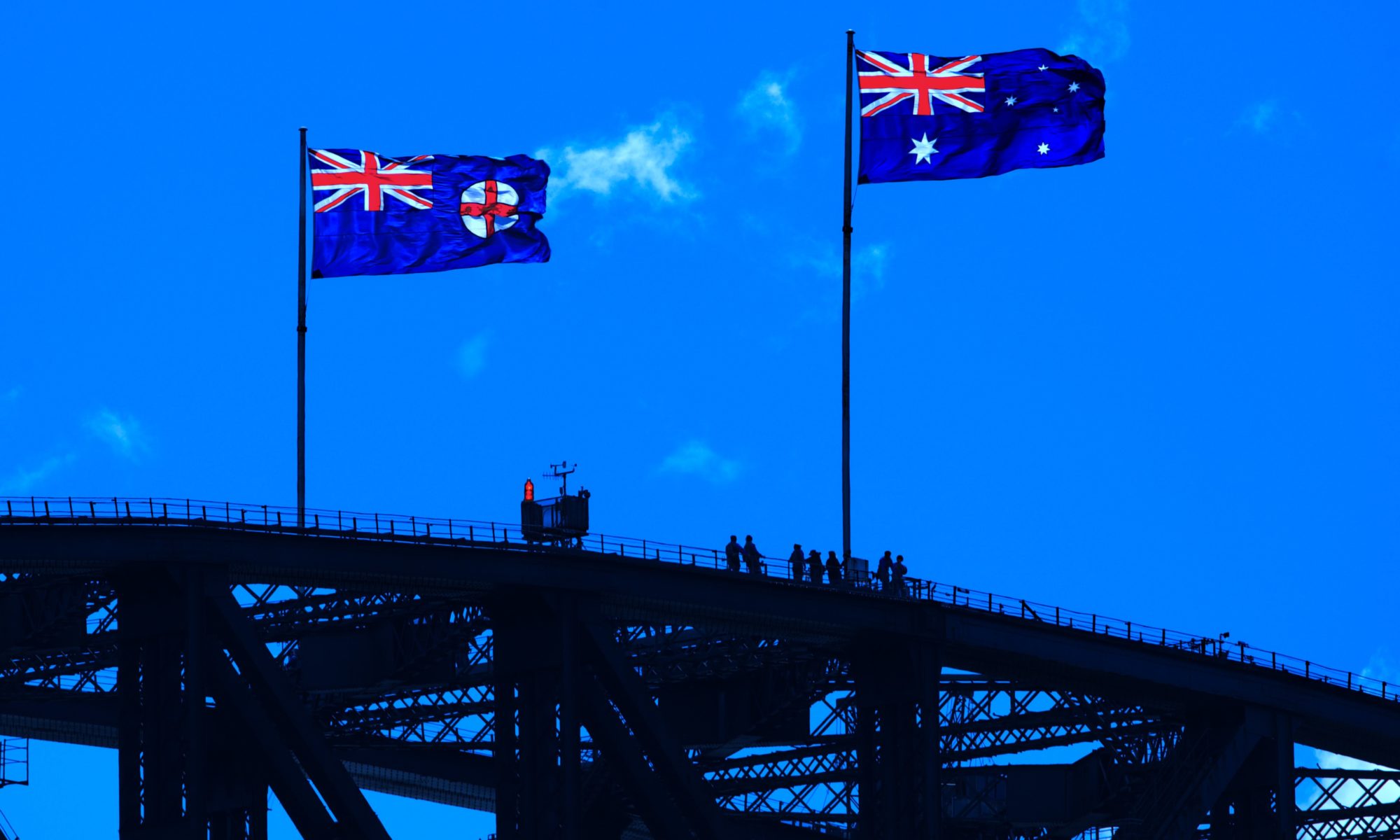If you’ve been wanting to try psychedelic therapy legally, now’s your chance!
Johns Hopkins is recruiting participants for a number of psilocybin studies on:
Plus, Nova Mentis is recruiting both autisitc and neurotypical patients for an observational study that will lead to a psilocybin microdosing study.
If you want to contribute to psychedelic research from home, check out Johns Hopkins’ online surveys on psychedelics and breathwork for anxiety, depression, and PTSD.







